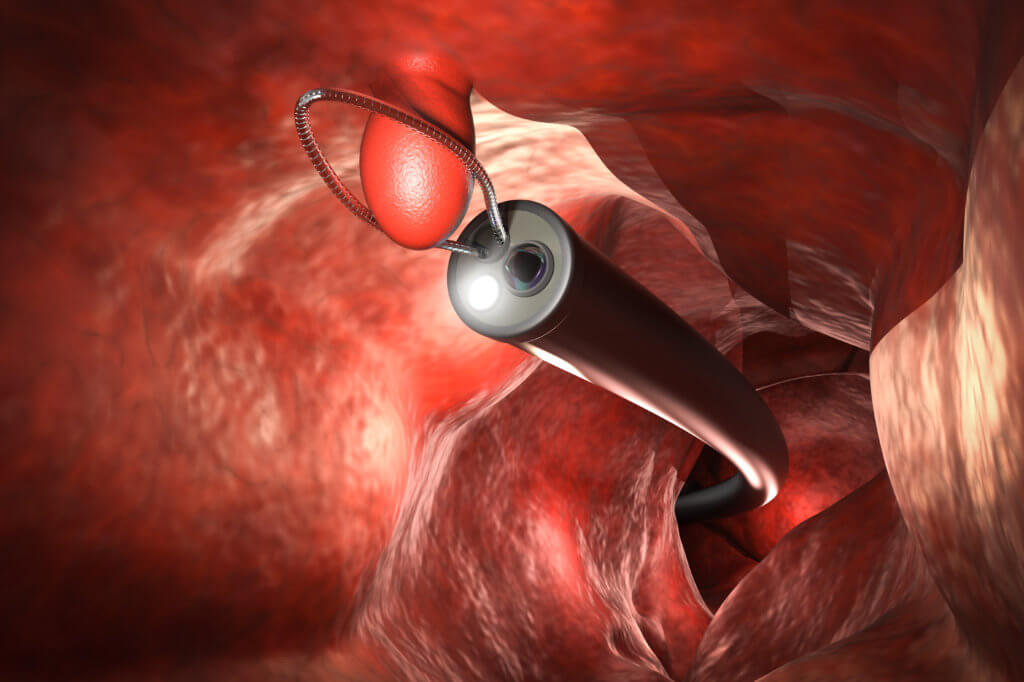Colonoscopy is the gold standard for screening and prevention of colorectal cancer. Modernizing them with the latest computer technology is proving to make them even more powerful, according to a new study.
With computer-aided colonoscopy, artificial intelligence (AI) can act as a second set of eyes for the endoscopist. Researchers report an increase in the rate of detection of cancerous or potentially-cancerous polyps of up to 27 percent.
This groundbreaking research from New York University’s Grossman School of Medicine was presented at the recent Digestive Disease Week annual meeting.
“Our findings add to the growing amount of literature that shows using computer-aided technology during an endoscopy can improve the quality of exams performed and improve outcomes for our patients,” says Dr. Aasma Shaukat, lead scientist, in a statement.
Colonoscopy reduces colorectal cancer incidence and mortality through early detection. During a traditional procedure an estimated 30 percent of polyps may be missed. Computer-aided detection software was developed for the identification of colorectal polyps during high-definition white-light colonoscopy. If the physician identifies an abnormal growth or polyp during the procedure, they will remove it and have it sent to pathology for a definitive diagnosis.
The research consisted of 22 board-certified gastroenterologists who performed colonoscopies on 1,440 patients during January 2021 – September 2021. The subjects were randomized to either a standard colonoscopy or a colonoscopy using computer-aided detection software. All patients included in the study were aged 40 and older, undergoing a screening colonoscopy. The number of polyps found using a computer-aided colonoscope was 1.05 per procedure, compared to .82 per procedure without the use of AI.
“Colorectal cancer is the second leading cause of cancer-related deaths in the United States, and it is one of the few cancers that can be prevented if caught early,” says Dr. Shaukat. “Several software technologies are currently available for clinicians and incorporating the use of these resources will only enhance the care we provide our patients and improve the quality of exams we as physicians are able to perform.”
The researchers acknowledge that long-term follow up studies are needed to further evaluate the benefit of computer-assisted devices on clinical outcomes.
The study is published online in the journal Gastroenterology.












